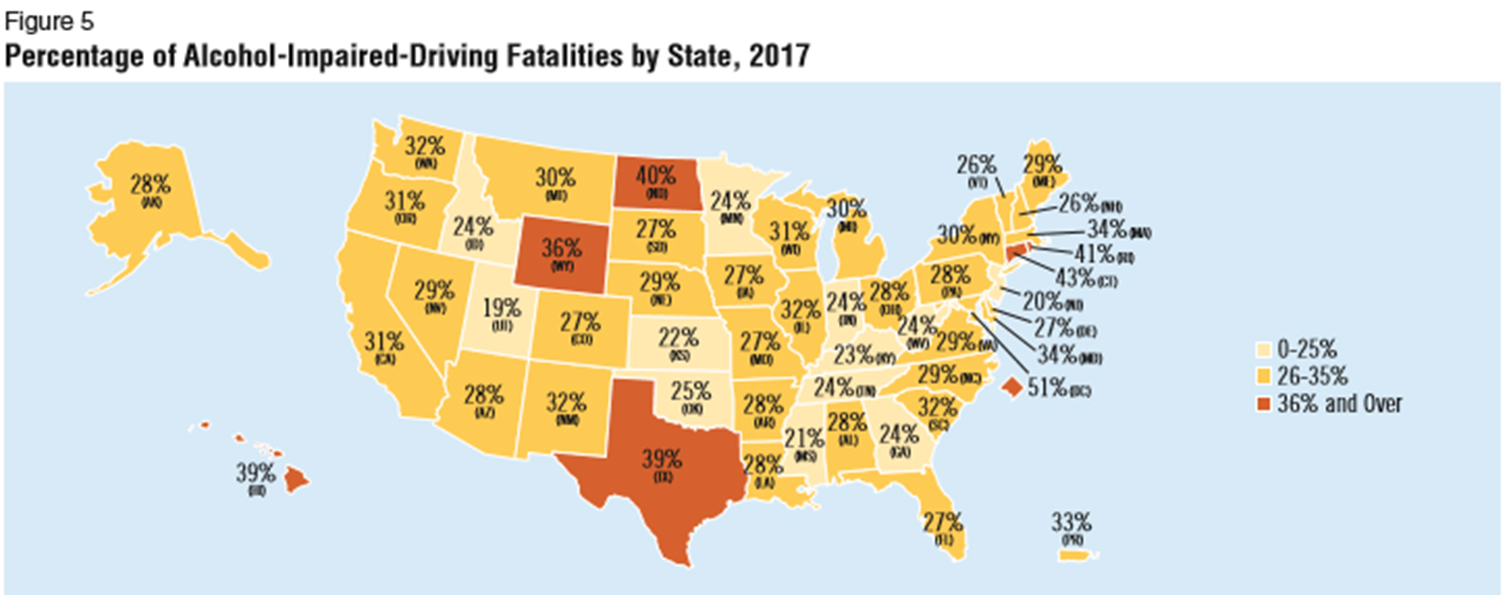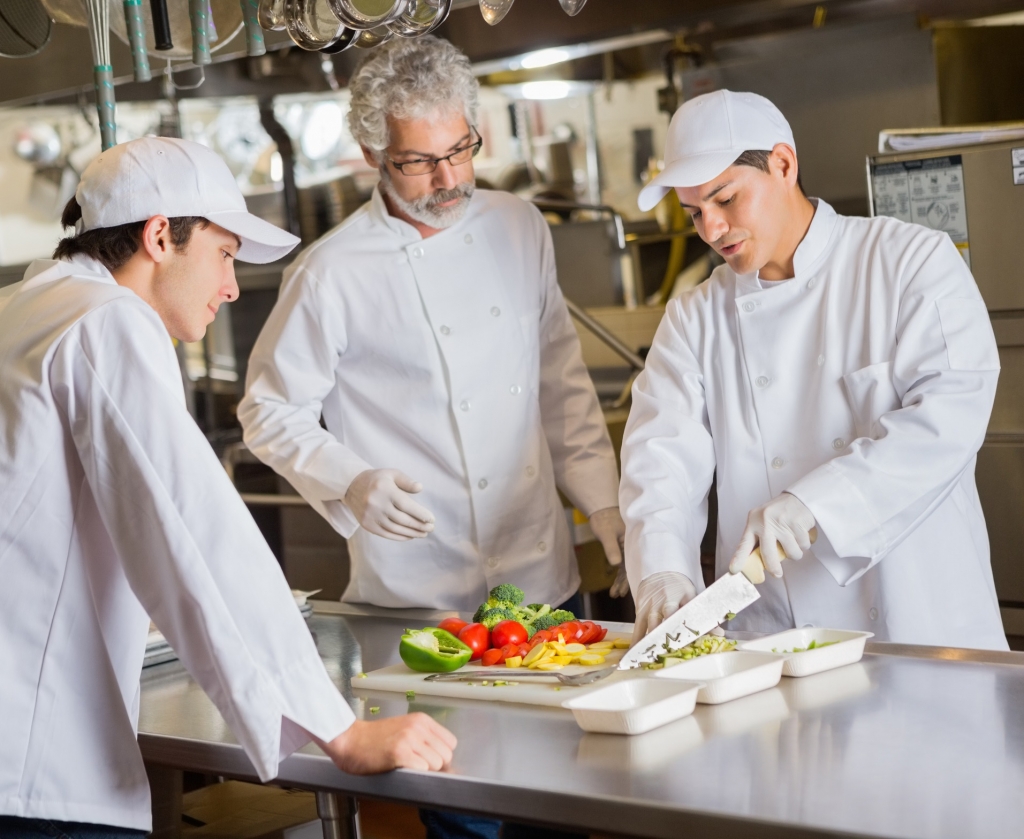Increase Your Task Opportunities: Why a Food Handler Certificate Is a Must-Have in the Culinary Industry
In today's competitive culinary landscape, the value of a food trainer certification can not be overstated. As dining establishments and food solution establishments progressively focus on licensed personnel, specialists equipped with this accreditation stand to get a considerable advantage.
Importance of Food Safety And Security
In the cooking industry, the value of food security can not be overstated. Contaminated food can lead to serious wellness concerns, consisting of foodborne diseases, which can influence people and lead to substantial obligation for food establishments.
Food safety encompasses an array of treatments, including appropriate food handling, storage space, cooking, and offering methods. Abiding by these practices not only decreases the threat of contamination however also helps in following regional health policies. Appropriate training in food safety makes it possible for culinary professionals to identify potential threats and carry out precautionary steps effectively.
In addition, a strong dedication to food security can boost the online reputation of a cooking establishment, promoting customer commitment and business development. Customers are progressively familiar with food safety and security concerns, making it crucial for food trainers to demonstrate their adherence to ideal practices. Inevitably, prioritizing food safety and security is not just a regulative need; it is an essential facet of providing high quality food solution and safeguarding the health of clients.

Qualification Needs
Food security practices are only as effective as the individuals executing them, making accreditation a vital step for food trainers in the culinary sector. To acquire a Food Handler Certificate, candidates must normally complete a training program that covers essential subjects such as foodborne illnesses, cleanliness, individual health, and secure food managing strategies.
Most qualification programs are designed to fit different finding out styles, using alternatives for online, in-person, or hybrid formats. Individuals must pass an evaluation to show their understanding of the product, with a minimum passing rating typically evaluated 70%.
The period of training can vary, with some programs needing just a couple of hours, while others may cross a number of days. After effectively completing the program and test, candidates receive their accreditation, which is normally valid for three to five years, depending on neighborhood regulations.
Renewal often involves taking back the course or completing a refresher program to make certain that food trainers stay upgraded on the most up to date practices and standards. Compliance with these accreditation requirements not only enhances private knowledge however additionally adds to the general security and top quality of food solution operations.
Work Market Demand
The demand for food trainers has actually substantially increased, greatly driven by the growing awareness of food safety and security and hygiene among consumers and regulatory bodies. With the surge of foodborne illnesses, restaurants, catering solutions, and food production business are prioritizing the hiring of certified food handlers to guarantee compliance with health and wellness policies.
Additionally, the expanding restaurant sector, especially with the development of food distribution solutions and food vehicles, has actually developed an abundance of job possibilities for food trainers. The need for competent workers that can securely prepare and deal with food has become vital. servsafe food handler useful reference certificate. In enhancement, as culinary companies adopt extra rigid safety procedures, the worth of a food trainer certificate has climbed, making it an essential property for work candidates
As an outcome, individuals going into the cooking labor force are discovering that acquiring a food trainer certification not just boosts their employability yet also places them favorably in a competitive work market that progressively prioritizes food safety and security and hygiene standards.
Benefits of Qualification
Acquiring a food trainer certification uses many advantages that considerably boost a specialist's standing in the cooking sector. It demonstrates a commitment to food security and health, which is critical in stopping foodborne illnesses. servsafe food handler certificate. This accreditation outfits individuals with necessary expertise relating to risk-free food taking care of practices, including appropriate storage space, cooking temperatures, and cleanliness procedures
Furthermore, possessing a food trainer certificate can enhance an individual's employability. Lots of companies prioritize candidates with this qualification, watching it as an indication of expertise and proficiency. This can bring about better job possibilities and potentially higher earnings, as certified people are often entrusted with better obligations.
In addition, the certification promotes a society of safety and security and responsibility within the office. Maintaining a food trainer certification can open doors to additional educational and profession innovation chances within the culinary field. servsafe food handler certificate.
Actions to Get Qualified
Obtaining a food trainer certificate involves an uncomplicated process that can set people on a path to improved job leads in the culinary market. The initial step is to locate an approved program or training service provider that you can check here provides food security training courses. Numerous organizations give both in-person and online options, permitting for adaptability in knowing.

After successfully passing the test, individuals will obtain their food handler certificate, which is often valid for a particular duration, typically 3 to five years. To keep certification, it may be needed to complete correspondence course or take back the test before the expiration day.
Last but not least, it is very important to confirm any kind of regional or state-specific guidelines regarding food handler qualification, as demands can differ. By use this link following these steps, individuals can obtain their qualification and dramatically enhance their employability in the affordable cooking landscape.

Conclusion
To conclude, obtaining a food trainer certificate is important in the cooking market, as it guarantees adherence to food security criteria and improves employability. With the growing demand for certified employees, this credential not just opens up doors to job chances however additionally adds to occupation advancement and raised earning capacity. Inevitably, a food trainer certification represents a commitment to safety and security and professionalism and trust, fostering a culture of liability that profits both employees and employers in the food solution industry.